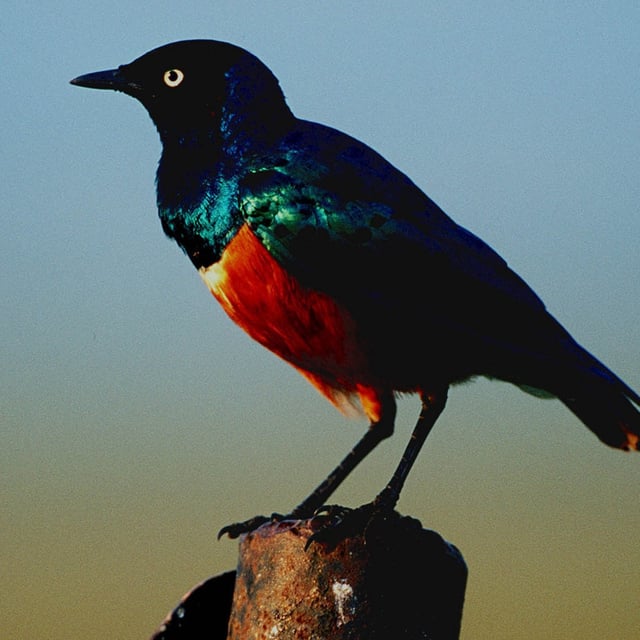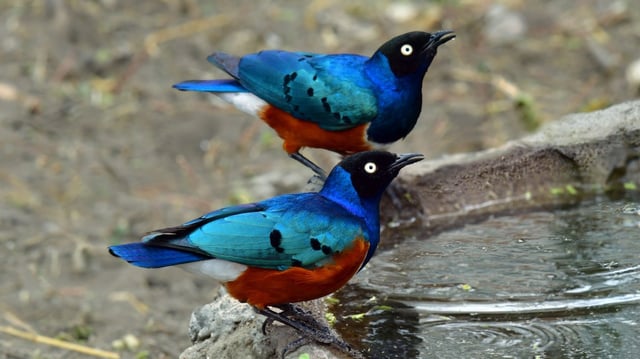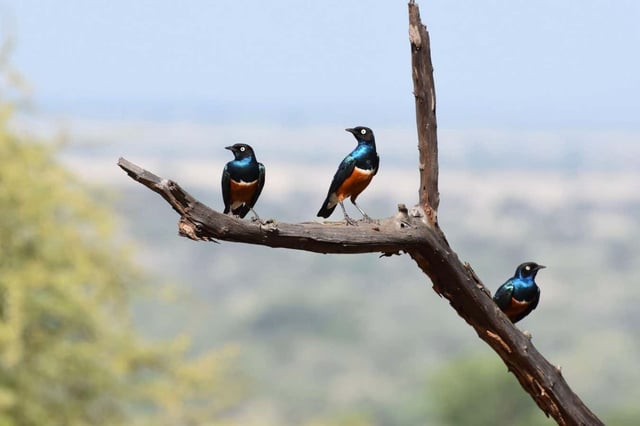Overview
- A newly published study in *Nature* confirms that superb starlings form long-term reciprocal helping relationships with unrelated individuals, akin to human friendships.
- The research, led by Alexis Earl and Dustin Rubenstein, analyzed 20 years of behavioral and genetic data collected from starlings in Kenya's east African savannas.
- While helpers prioritize aiding relatives, they also consistently assist specific non-relatives, even when relatives are available to help.
- These reciprocal relationships provide direct fitness benefits and contribute to the stability of the starlings' complex cooperative societies.
- Researchers plan to investigate how these bonds form, how long they last, and why some relationships remain strong while others dissolve.



